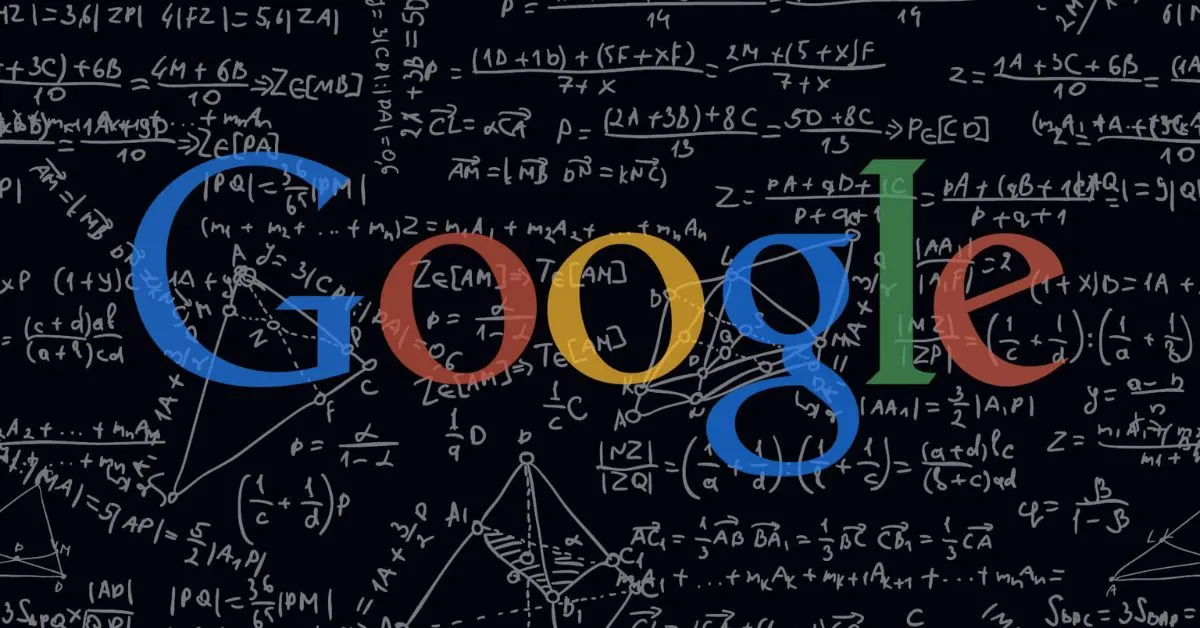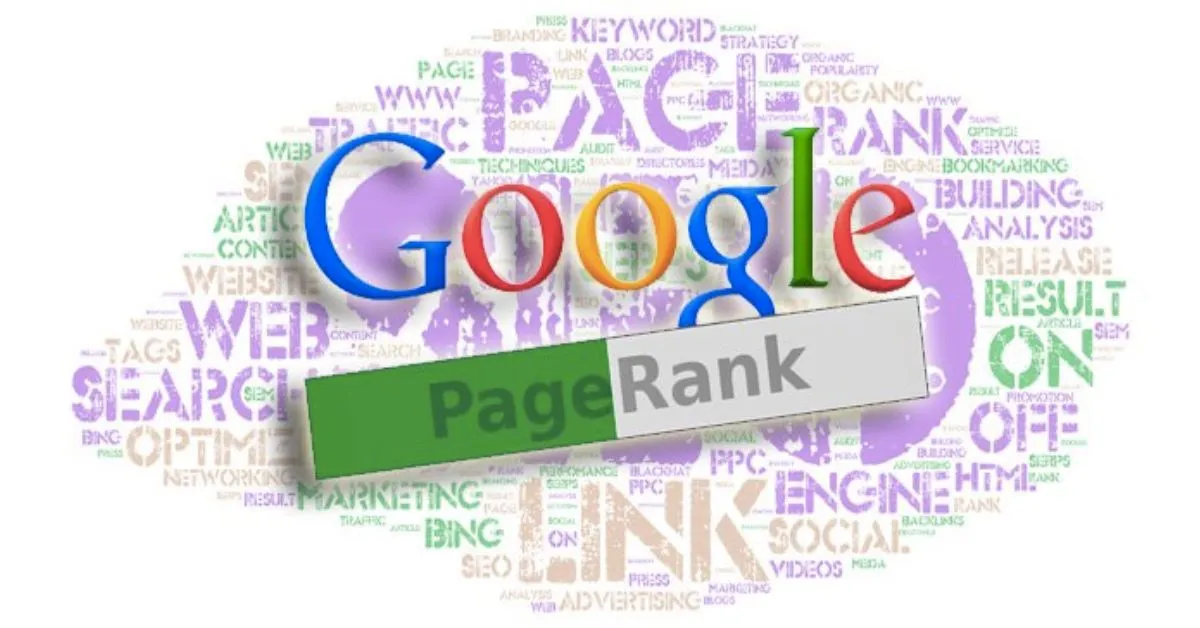Understanding Google PageRank is pivotal for anyone diving into the realm of Search Engine Optimization (SEO). Developed by Larry Page and Sergey Brin at Stanford University, PageRank revolutionized how search engines ranked web pages, laying the foundation for Google’s search algorithm.
What is Google PageRank?
At its core, PageRank is a link analysis algorithm that evaluates the importance of web pages based on the quality and quantity of links directed towards them. In essence, it interprets links as votes—where a page receiving more links is considered more valuable and authoritative.
How Does PageRank Work?
Imagine the web as a vast network of interconnected pages. Each link from one page to another is akin to a vote of confidence. However, not all votes carry the same weight. PageRank considers both the quantity and quality of links.
Pages with numerous inbound links from reputable and authoritative sites are deemed more influential. Conversely, links from less reputable or unrelated sites hold less significance. Essentially, PageRank operates on a system of credibility and trustworthiness.

Factors Influencing PageRank
- Link Quantity and Quality: The number of links pointing to a page matters, but quality reigns supreme. A single link from a high-authority site might hold more weight than multiple links from lesser-known sources.
- Internal Linking: How a website’s internal pages link to each other also impacts PageRank. A well-structured internal linking strategy can bolster the authority of specific pages within a site.
- Relevance: Contextual relevance between the linking page and the linked-to page is crucial. Links from related content are more valuable than those from unrelated sources.
- Diversity of Links: A diverse array of links—varying anchor texts, different types of sites—can enhance a page’s authority.
- Freshness: The recency of links and content updates can influence PageRank, reflecting Google’s emphasis on providing up-to-date information.
The Shift in PageRank’s Importance
While PageRank was once a prominent factor in Google’s ranking algorithm, its significance has evolved. Google now employs a myriad of algorithms and signals to evaluate page quality and relevance. Factors like user intent, content quality, mobile-friendliness, and site speed are integral to modern SEO strategies.
PageRank and SEO Strategy
Despite its evolved role, PageRank remains a foundational concept in SEO. Understanding link building, creating valuable content, and fostering relationships with reputable sites are still crucial for enhancing a page’s authority and visibility.
PageRank Evolution and Algorithm Updates
Google’s algorithm updates over the years have shifted the emphasis away from PageRank as the sole determinant of a page’s ranking. Updates like Google Panda, Penguin, and more recently, the core algorithm updates, have refined the search engine’s ability to assess content quality, relevance, user experience, and other nuanced factors.
Google’s dedication to delivering the best possible search results led to the integration of machine learning and AI, further reducing PageRank’s singular significance. The focus now extends to user intent, user behavior signals, and the context of queries to provide more precise and personalized search results.
The Role of PageRank in Modern SEO
Despite its diminished prominence, PageRank principles continue to underpin effective SEO strategies. Link building, albeit with a nuanced approach emphasizing quality over quantity, remains essential. Creating valuable content that naturally attracts authoritative links, building relationships within the industry, and fostering a robust online presence all contribute to a page’s perceived authority.
Understanding PageRank’s legacy aids SEO practitioners in comprehending the importance of backlinks, albeit within the context of a more comprehensive SEO strategy. Embracing a holistic approach that encompasses technical optimization, content relevance, user experience, and mobile-friendliness aligns with Google’s evolving algorithm.
Looking Ahead in SEO
The landscape of SEO will likely continue evolving, with algorithms becoming increasingly sophisticated. While PageRank’s direct influence might continue to dwindle, its fundamental principles of credibility and trustworthiness remain integral.
Future SEO endeavors will likely revolve around user-centric strategies, with a strong emphasis on delivering high-quality content that resonates with users’ needs. Understanding user intent, providing relevant and authoritative information, and fostering a positive user experience will be pivotal.
In essence, while PageRank’s prominence has shifted in the SEO landscape, its fundamental principles serve as a timeless guidepost. The evolution of SEO necessitates adaptability, emphasizing user-centric strategies and comprehensive optimization techniques, ensuring websites thrive amidst the evolving algorithms and digital landscape.

Conclusion
Google PageRank, with its focus on link-based authority, laid the groundwork for modern search algorithms. While its direct impact on rankings has diminished, its principles of credibility, relevance, and quality persist in today’s SEO landscape. Embracing a holistic approach to SEO that incorporates various ranking factors while acknowledging the legacy of PageRank is key to navigating the ever-evolving world of search engine optimization.
